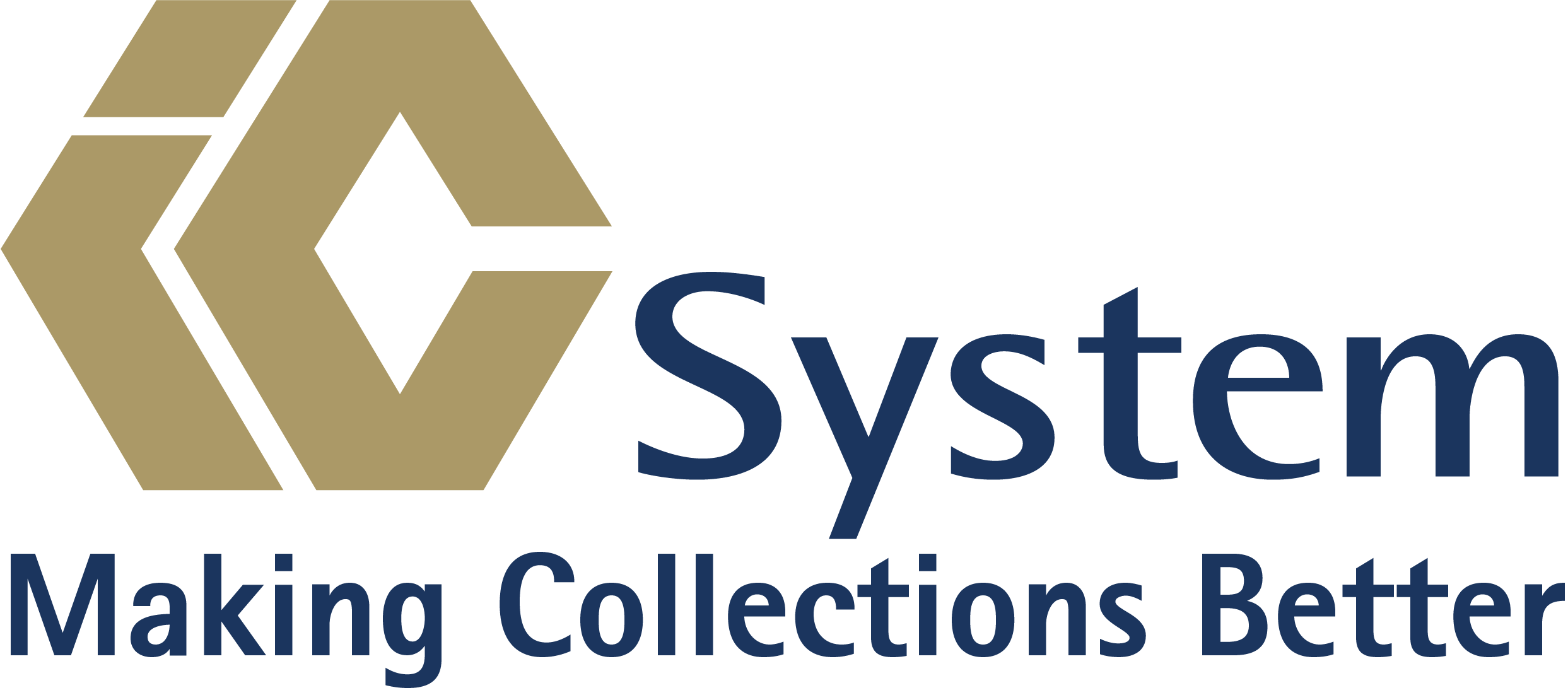Category: Healthcare
New Price Transparency Order Results in More Confusion

Effective January 1 based on a mandate from the Trump administration, hospitals are now required to post their list prices on the hospital’s website in an attempt to move towards price transparency for healthcare consumers. Unfortunately, the approach some hospitals have taken isn’t of much value to the patient community and doesn’t resolve the problems
Patient consumerism: Why a patient-friendly billing and payment system matters

To boost your bottom line, it may pay to consider patient consumerism when dealing with your patients. Because when a patient schedules a visit for medical care, they’re not simply thinking about the quality of care. They’re thinking about the value they’re getting from the visit, even if they have medical insurance coverage. Here are
Revenue cycle secrets for clinics and practices to reduce the number of A/R days

It would be an understatement to say our health insurance system has seen a seismic shift in the past decade. It makes revenue cycle management a challenge because patients, not insurance companies, are paying for a larger share of their medical visits. According to one study, a patient’s cost-sharing payments for medical care have outpaced
IC System Partners with eClinicalWorks

IC System, a leader in the healthcare accounts receivable industry, has partnered with eClinicalWorks, a trailblazer in healthcare technology solutions, to offer medical care providers a modern and efficient collection solution. Users of the eClinicalWorks practice management system can now automatically connect their account to IC System. The new partnership will save providers time and
Priority Number One: The Patient Experience

A bad collection experience can easily bruise the relationship between the patient and a healthcare or dental provider if the wrong approach is used by the provider’s collection agency. IC System approaches every call with the consumer experience in mind, with the full understanding that our patient financial representatives are calling on behalf of our clients.
Understanding the link between physician staffing companies and the patient experience

In recent years, hospitals have turned to physician staffing companies to fill empty shifts for emergency services. But recent reports raise the possibility this arrangement does more harm than good when it comes to improving patient experience as well as recovering patient receivables. Hospitals turn to physician staffing companies because it eliminates the need to
Reduce A/R days with a targeted strategy for insurance payers

Keeping accounts receivable days to an acceptable level is a challenge for any medical practice management system, especially when the source of excess days comes from the insurance companies. If your billing department can single out payers that are racking up 90 A/R days or more, that can have a cascading effect on your cash flow, especially if the
A smart, cost-effective solution to your HIS conversion nightmare

Healthcare organizations of all sizes face a series of challenges and risks by replacing their legacy systems with a more efficient health information system (HIS). For everyone from independent physicians to major hospital systems, healthcare offices across the country must address a similar problem: How do you advance the HIS conversion in an efficient way?
The problem hospitals face when replacing their legacy systems

In every hospital, a major system upgrade comes along about every decade or so. What’s driving this generation of updates to a comprehensive hospital information system (HIS) are mandates to keep electronic records and other federal regulatory requirements that need to be met. With this major upgrade also comes an exciting new era for patient-focused care. These new
Price transparency: Will it boost your revenues?

Physicians and other healthcare providers want the same thing for their patients: better outcomes and a higher quality of life. To many patients, cost is a barrier to accessing that quality care. And when they do seek it, high bills can undermine their trust in their physician. In 2008, an extensive survey by the NIH showed that





